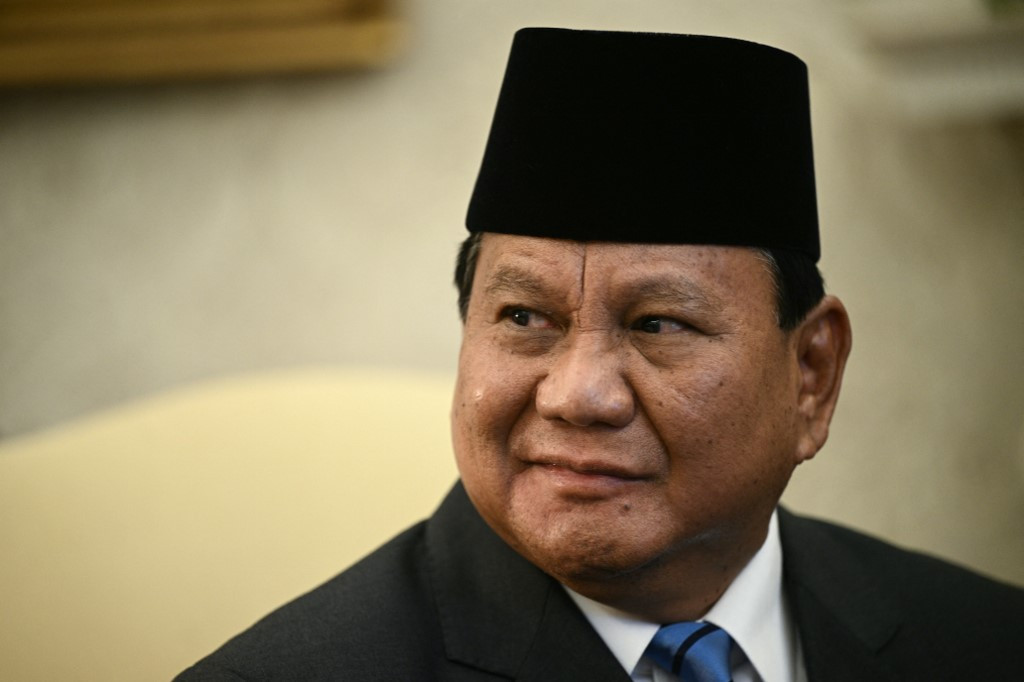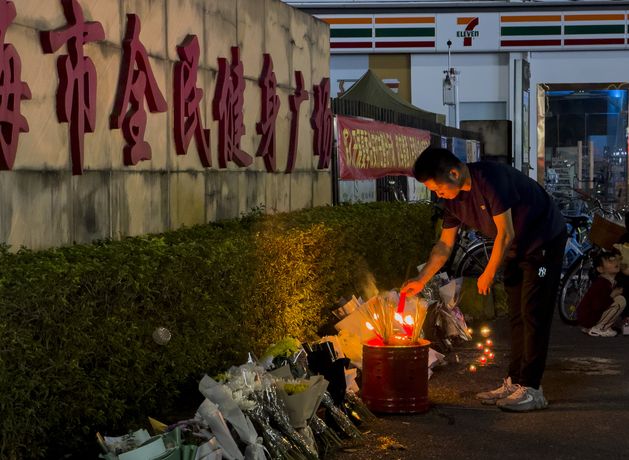Headline: Indonesian President Prabowo Subianto Meets CIA Chief in Washington
In a significant diplomatic move, newly inaugurated Indonesian President Prabowo Subianto held a private meeting with the Director of the United States Central Intelligence Agency (CIA), William Burns, in Washington, DC, on Tuesday. The encounter, which precedes a discussion with outgoing President Joe Biden, underscores Indonesia’s strategic aspirations on the global stage. Details from this high-profile meeting remain undisclosed, but the implications for US-Indonesia relations could be profound.
Key Meeting in Washington
The closed-door meeting occurred at the Wisma Indonesia guest house in the eastern part of the capital. Joined by key figures, including Foreign Minister Sugiyono and Cabinet Secretary Teddy Indra Wijaya, President Prabowo sought to establish an initial dialogue with one of the top American intelligence officials. The clandestine nature of the meeting hints at sensitive discussions, particularly amidst rising global tensions and the need for strategic partnerships.
While the exact topics discussed have not been released, this meeting is widely seen as a stepping stone in establishing a robust communication channel between Indonesia and the United States. The discussion with Burns was expected to revolve around security and intelligence cooperation, pivotal elements when navigating geopolitical challenges.
Affirmation of Strong Bilateral Ties
Following his meeting with the CIA chief, President Prabowo met with President Biden in the Oval Office. During this official discussion, President Prabowo conveyed a commitment to strengthening ties between Indonesia and the United States. “I will work very hard to strengthen the Indonesian-United States relationship, and I would like to work towards this end that we have a strong cooperation,” he stated emphatically.
This pledge to enhance bilateral cooperation is critical, given the shifting dynamics in Southeast Asia and the increasing assertiveness of China. Prabowo’s approach, as he indicated previously, centers around a non-aligned foreign policy—aiming to balance Indonesia’s interest between major world powers without full dependence on any single nation.
The Context of the Meetings
President Prabowo Subianto’s inauguration marks a significant shift in Indonesian leadership priorities. While Indonesia is one of ASEAN’s largest nations, its role in global geopolitics is often overshadowed by larger nations. This initial engagement with both the CIA and President Biden underscores a potential pivot towards more proactive international diplomacy.
Emerging from decades of political instability, Indonesia is repositioning itself as a key player in international affairs. The country boasts vast natural resources, a strategic geographic location, and a rapidly growing digital economy, making its partnerships increasingly desirable for the United States and other global powers.
Potential Impacts on Technology and Public Interests
The discussions between Indonesia and the US could have wide-ranging implications, especially in the technology sector. Indonesia is recognized for its burgeoning tech startup scene and significant internet user base, which presents vast opportunities for US tech firms. Enhanced cooperation could pave the way for investments in infrastructure, cybersecurity, and digital skills development.
Moreover, as Indonesia embraces technology in governance and public services, US collaboration could inspire innovations that benefit the general public. Strategic partnerships in tech could lead to improved communication channels, greater access to information, and advancements in public service efficiency.
Looking Ahead
As President Prabowo Subianto navigates his newly appointed role, the implications of his meetings with US leaders will surely unfold in the coming months. The outcomes could not only redefine Indonesia’s diplomatic stance but also influence technological advancements and economic partnerships beneficial to both nations.
With a landscape marked by rapid technological change and evolving geopolitical realities, the actions taken during these discussions will be critical. Observers will be keen to see how these engagements translate into action and mutual benefit for both nations.
We welcome your thoughts on how these meetings may shape the future of international relations. What do you think are the key takeaways from President Prabowo’s diplomatic efforts? Share your insights in the comments below.
For more insights on global diplomacy and technology developments, check out our related articles on Shorty-News and explore authoritative sources like TechCrunch, The Verge, and Wired.


![UK[Colefax & Fowler]new fabrics and trimmings for 2024 fall/winter 5 collections, 37 designs, 253 items will be released on November 13th UK[Colefax & Fowler]new fabrics and trimmings for 2024 fall/winter 5 collections, 37 designs, 253 items will be released on November 13th](https://digitalpr.jp/simg/1667/98631/350_438_2024111218072667331ace84507.jpg)